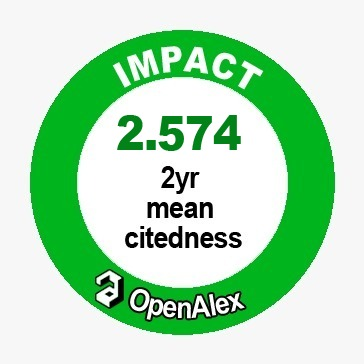The impact of social capital on the creation of customer participation value in virtual brand communities
Downloads
Purpose: This paper aims to investigate the effect of social capital on the contributions of knowledge and the behavior of citizens towards customer participation and value co-creation in virtual brand communities.
Design/Methodology/Approach: This study uses structural equation modelling (SEM) to analyse 213 questionnaires in order to validate a model that is based on social capital theory. This method examines the assumed theoretical connections assessing both the direct and indirect impacts of social capital on customer engagement in value co-creation.
Findings: The findings indicate that social interaction ties, principles of reciprocity and trust and a shared vision of social capital positively influence customers' knowledge contribution behaviors and citizenship behaviors for engaging in value co-creating in virtual brand communities.
Conclusion: The study concludes that societal capital plays a significant role in customer participation in value-creating behaviors within the communities of virtual brands.
Research Limitations/Implications: The main limitation of the study is the potential bias of self-reported data and it proposes to conduct a longitudinal study to dynamically understand customer engagement value co-creation and explore the interactions between dimensions of social capital.
Practical Implications: The study points out that strengthening social capital in virtual brand communities can motivate customers to participate more in knowledge contribution and civic behavior, thereby enhancing value co-creation. Therefore, companies should aim to strengthen interaction, trust and shared vision within the community to drive this process.
Contribution to the Literature: This study expands the existing research on value co-creation by revealing the mechanism of social capital influencing the participation of customers in value co-creation in virtual brand communities.





